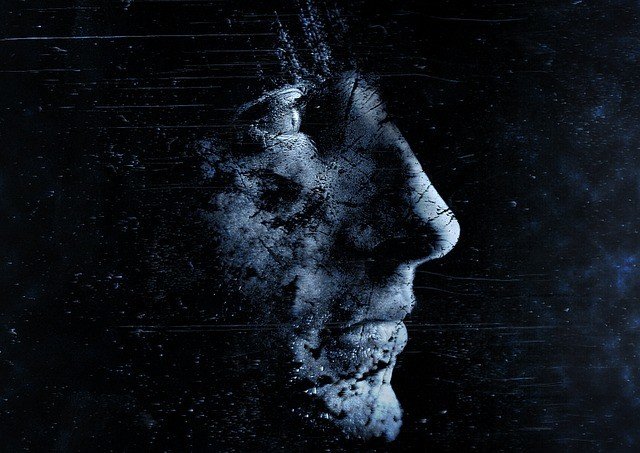How does nature learn?
The world's most impressive learning example is around us, that is, we live. Live organisms; Find out how energy and knowledge are gathered in a complex environment, how they will develop themselves, how they will produce their own successes over and over again. The learning strategy of biological evolution is a natural choice that sophists in organisms in the biosphere. As Darwin explains, natural selection has two main components; when the species transmit their qualities to their offspring, they call it a struggle for change and existence. The idea is that organisms produce pups that are similar to themselves but are not identical to themselves; This shows that the probability of reproduction of the "most suitable" offspring, that is, the ones most suitable for living conditions, is higher. Over time, successive generations become better adapters.
The definition of convergence returns, but is not null. The most appropriate organisms are those who have succeeded in producing the roots of definition. Increasing appropriateness in this sense does not mean increasing complexity or expandability in itself. For example, the number of simple bacteria is still very high! Nevertheless, evolutionary history suggests that increasing complexity and expandability are important ways to relate.
Much has been learned about the changes that have taken place since Darwin passed on his characters to the features of his day-to-day character. Parents give a series of coded instructions in the form of DNA molecules to form their children. The code extends in the nucleotide sequence of the consecutively visible sequence of DNA, Ar, Cs, Gs and Ts.
The learning plan for natural selection has become an efficient model for mechanical learning. "Genetic algorithms" are the best examples. Establish a functioning program community to find programs that reach a target; each with different characteristics as specified by "genomes". Then the programs are run and the results are compared. The most unsuccessful are discarded and the most successful ones are separated from their grandchildren, whose genomes may be different from each other. This loop can be repeated many times. Impressive programs, which are very difficult to design directly, are created by artificial "evolution" in this way.
It is important to emphasize that the design of genetic algorithms includes many options. The design of the main program (using the genome), the first set of "genes"; destruction, multiplication and mutation rules, and most importantly, "success".

Other Success Stories
Before Darwin's natural selection, a different theory of evolution was proposed by Jean-Baptiste Lamarck. According to Lamarck, "changes made by transferring the characteristics of the species to their offspring" stem from the parents' life experiences. For example, Lamarck tells us that the reason for the long necks of bartenders is that they must have changed over generations as they lengthened to eat the leaves of long trees.
As the theory of biological evolution, Lamarck's idea was conquered by Darwin. But the soul is alive; The machine continues its existence as an important strategy for learning.
A reinforced learner, like genetic algorithms, has a skeleton master program and experiments that are alternative ways to create functional programs. Or if you need to choose a more consonant word; "Plans".
Plans are the prescriptions necessary to make a number of choices among the available options. We do not have to tell you which option is responsible for whether the work is done successfully. We will increase the likelihood of selecting from the available options according to their appearance in a successful outcome.
In simpler terms, the basic idea of a strengthened learner is to make a fine adjustment by comparing several plans and creating sub plans that are common to success. For this reason reinforced learning is a kind of Lamarckian evolution.
Typical applications of reinforced learning involve robots moving efficiently and helping computer games to play well. Empowered learning was the center of AlphaGo; In 2016, AI program Go champion Lee Sedol won 4-1. A good Go game requires recognition of templates and long-term thinking. Computer scientists have difficulty in programming these "intuitive" skills. AlphaGo has reached levels of excellence by playing a lot of games against it and continues to develop strategies with experience using enhanced learning.
Posted from my blog with SteemPress : https://pasdaspdka.000webhostapp.com/2018/09/imagination-and-hope
The last part of you post leaves me some doubts, artificial intelligence will be our legacy in the universe? Is next step in our evolution?
Downvoting a post can decrease pending rewards and make it less visible. Common reasons:
Submit
Could be, we don't know :)
Downvoting a post can decrease pending rewards and make it less visible. Common reasons:
Submit